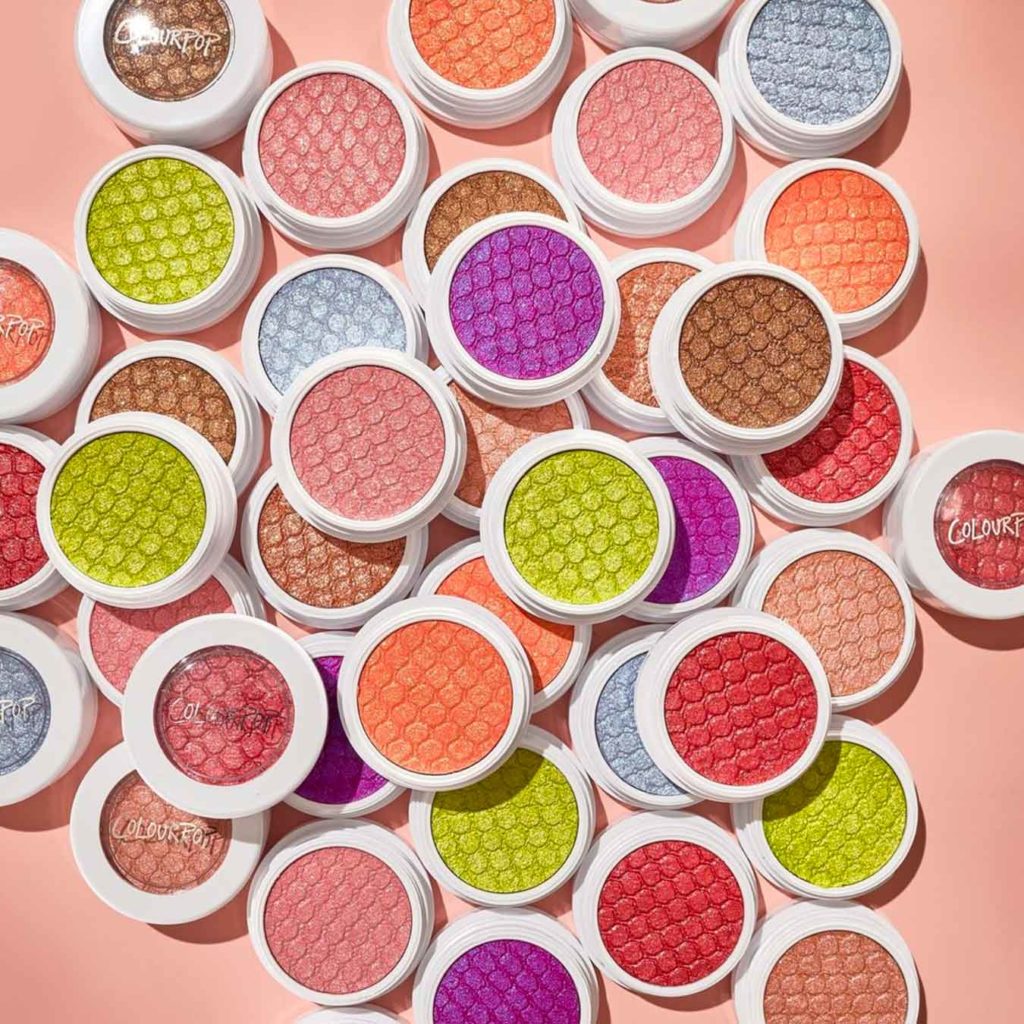In the realm of cosmetics, the term “cruelty-free” carries a weighty significance, resonating with consumers who prioritize ethical considerations alongside beauty enhancement. As the industry expands, many brands are scrutinized for their practices, and ColourPop is no exception. This Californian brand, celebrated for its vibrant colors and budget-friendly prices, has garnered attention not only for its products but also for its ethical stance. In this article, we delve into the intricate details surrounding ColourPop’s cruelty-free status, helping you navigate the murky waters of cosmetic ethics.
First and foremost, it is essential to define what being “cruelty-free” means in the cosmetics industry. Generally, cruelty-free refers to products that have not been tested on animals at any point during their development. The cruelty-free label signifies a commitment to ethical practices, emphasizing respect for animal welfare. However, the requirements to achieve this label can vary significantly between brands.
ColourPop Cosmetics has declared its commitment to being cruelty-free, a claim backed by PETA certification. This affiliation suggests that the brand adheres to strict guidelines prohibiting animal testing, aligning its business practices with those of many consumers looking to support humane alternatives in beauty. ColourPop states that it does not conduct animal testing on its products, nor does it allow third parties to do so on their behalf. This commitment places ColourPop in a favorable light among those concerned with animal rights.
Nevertheless, it is imperative to scrutinize what “cruelty-free” truly entails. While ColourPop asserts its non-involvement in animal testing, the conversation expands beyond mere test practices. The brand’s supply chain, ingredient sourcing, and overall transparency also factor into its cruelty-free status. Consumers are increasingly demanding comprehensive information regarding the origin of ingredients and the methods employed in product development. Understanding whether suppliers engage in animal testing sets a higher standard for transparency that some consumers expect.
Moreover, the world of beauty often intersects with international regulations that complicate the ethos of being truly cruelty-free. Many companies contend that selling products in certain countries, like China, mandates animal testing, thus clouding their cruelty-free claims. Fortunately, ColourPop currently sells primarily through its website and select retailers in regions where animal testing is not a requirement, thereby maintaining its cruelty-free designation. However, consumers should remain vigilant about potential future ventures that might conflict with this standard.
Beyond the cruelty-free label, readers might find themselves inquiring about other aspects of ColourPop’s corporate responsibility. Ethical consumerism is on the rise, pushing shoppers to consider environmental impacts and the treatment of workers along the production chain. While ColourPop has made strides toward sustainability, such as utilizing recyclable and minimal packaging, there is still a palpable demand for greater eco-consciousness in the production process. Products enclosed in excessive plastic can counteract the efforts to be viewed as an ethical brand. Consumers ought to consider these factors as they choose brands aligned with their values.
Furthermore, ColourPop’s vegan range stands out as a critical component of its ethical offerings. Vegan cosmetics do not contain any animal-derived ingredients, which resonates with a significant portion of the consumer base that eschews animal exploitation in their beauty routines. Notably, ColourPop has made available a broad spectrum of vegan products, enhancing its appeal to the ethically conscious consumer. Yet, as with cruelty-free claims, it is vital to verify the status of individual products, as not all items in its line are free from animal-derived components.
Critics and proponents alike argue that transparency in marketing language plays a pivotal role in consumer trust. While ColourPop has emphasized its cruelty-free and vegan credentials, potential buyers should interrogate marketing claims critically. Certifications from reputable organizations can attest to a brand’s sincerity and commitment to ethical practices, offering a layer of assurance that icons or emotive language alone cannot provide.
In conclusion, navigating the landscape of cruelty-free cosmetics necessitates a discerning eye. While ColourPop has made affirmative claims regarding its cruelty-free status, an informed consumer embraces the broader implications of this designation. It involves understanding the ethical, environmental, and ingredient transparency aspects that contribute to responsible purchasing. As the beauty industry continues to evolve, holding brands accountable will ensure that the pursuit of beauty does not come at the expense of compassion.
Ultimately, the decision to support brands like ColourPop hinges on a commitment to informed choices. By educating oneself on cruelty-free practices, ingredient sourcing, and the brand’s overall ethos, consumers possess the power to make decisions aligned with their values. In the pursuit of beauty that is ethical, sustainable, and inclusive, every consumer holds a crucial role in shaping industry standards and advocating for the welfare of all beings.








